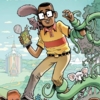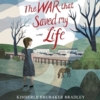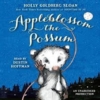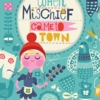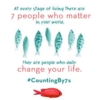On Our Book Shelf: Fish in a Tree
As an avid reader and former teacher Donna Deleo Bruno is "in the know!" Her book reviews are perfect for the busy mom looking to pick up a worthy read for themselves, or for the kids. Here Donna reviews Fish in a Tree by Lynda Mullaly Hunt.
This is a book for kids who feel like "outsiders" for any number of reasons. Ally, the main character, feels "stupid" because she has never been able to read despite advancement to the 6th grade. In every school she has attended, her dyslexia has remained undiagnosed causing her humiliation and self-consciousness. As a defense against pain and lack of confidence, she resorts to wise-cracks and clever retorts to classmates who ridicule her. Also hurting and rejected by the "in crowd" is the "nerdy," heavy-set but brilliant Albert, a scientific master-mind who is always hungry for both food and knowledge. The child of a single mother living in poverty, he shields himself from both physical and emotional abuse by taking "the higher road" refusing to dole out violence in return for the bullying and beatings he receives. Both Ally and Keisha, another 6th grader who is ostracized for her blackness, recognize Albert's super-intelligence and urge him to fight back. All three are considered misfits and teased mercilessly by a group of "mean-girls" led by the detestable and insulting snob Shay and her cohorts.
Heading this class is a new teacher, Mr. Daniels, who addresses them on the first day of school as his "Fantasticos." Lest you dismiss this as a mediocre book relying on stereotype characters and a plot based on the pat, over-worked formula of the enlightened teacher changing all their lives, it is much more than that. As Mr. Daniels patiently and painstakingly develops a rapport with Ally, who initially offers only resistance in return, he recognizes that beneath this hard exterior is a quick mind as well as artistic talent. It is through the game of chess that he wins her trust and develops her self-esteem. His choice of chess is significant because dyslexics "learn in pictures" which often makes them good chess players.
He also explains that people learn in different ways and uses excellent analogies that kids will easily understand. For example, he asks her, "When you ride your bike home, are there different ways for you to get there? ...Well, there are also different ways for information to reach the brain and some students have trouble learning words with just their eyes." As a result he incorporates her other senses to practice letters and sounds, even having her practice writing them in shaving cream and pink and blue sand. All is not smooth sailing, as for each step forward there are two steps backward; and Ally is faced with what she once perceived as the impossible task of achieving literacy.
Regarding reading, the author Lynda Hunt does a masterful job having Ally explain to Mr. Daniels how she experiences with extreme trepidation the written page on which the letters seem to move and wiggle and appear backward. More of Ally's description of how she experiences her disability will definitely resonate with kids facing the same challenge. Moreover, such students will be enlightened as well as reassured by Mr. Daniels' very understandable explanations of how some kids are "wired" differently which does not mean that they are deficient in any way.
Another excellent book on this learning disability is Patricia Polacco's Thank You, Mr. Faulkner, but it is for a much younger child. Speaking of Patricia Polacco, who despite struggling with dyslexia as a child became an author, Mr. Daniels mentions her when he introduces a game to the class asking them to identify pictures of famous people and their contributions. As they identify Alexander Graham Bell, George Washington, Henry Ford, Albert Einstein, Pablo Picasso, Whoopi Goldberg, Muhammed Ali, John Kennedy, Winston Churchill, John Lennon, and Walt Disney among others, he informs them that these greatly accomplished people all struggled with simple words; and based on this and other clues, most experts believe that they all had dyslexia. I can't think of a more encouraging fact for both students and parents. I also loved the ending which is echoed in the title: "Things are going to be different. It's like birds can swim and fish can fly. Impossible to possible...And remember: Great minds don't think alike." What a positive message!!!
Featured Blogger
Donna DeLeo Bruno
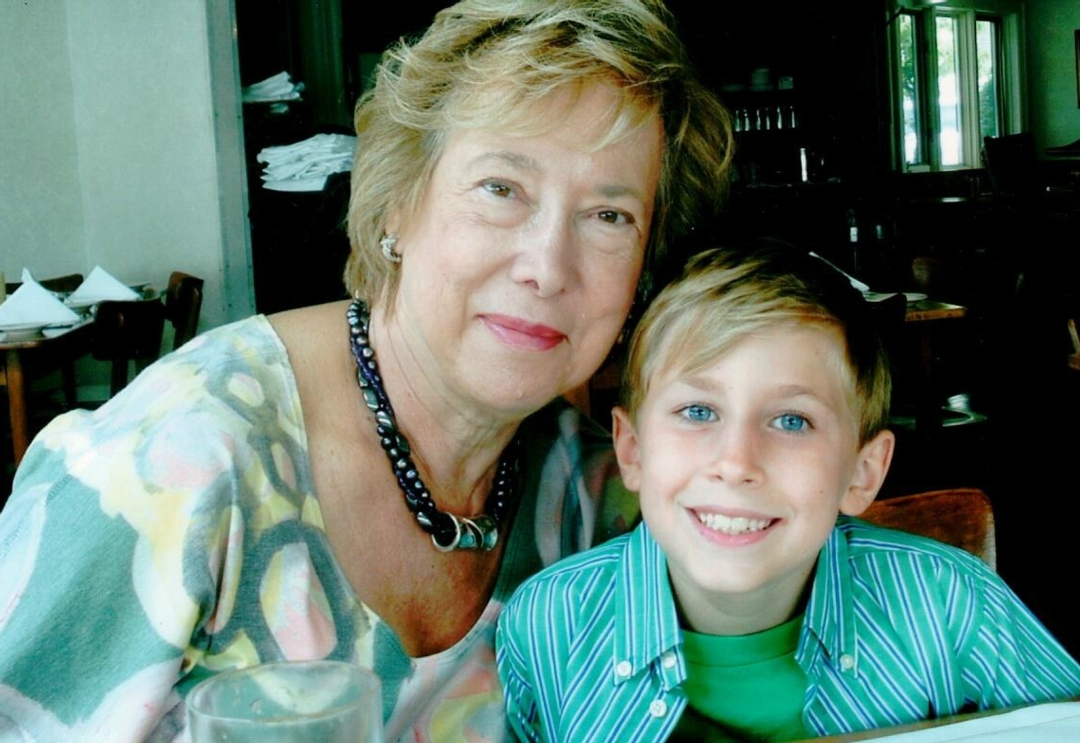
Donna DeLeo Bruno is a retired teacher of writing and literature (both American and British), having spent 35 years at Barrrington High School, Barrington, Rhode Island. She earned her BA from Rhode Island College and her Master's equivalency from combined studies at the University of Rhode Island, Providence College, Roger Williams University, Salve Regina College, and a Critic Teacher's Certificate from Brown University Extension which qualifies her to supervise and evaluate student teachers. She now spend winters in Ft. Lauderdale, Florida, having retired in 2000.
Currently, she is engaged in writing book reviews for several publications including the East Bay newspapers "The Bristol Phoenix", "The Barrington Times," and "The Sakonnet Times" in Rhode Island; "The Providence Journal" in Rhode Island; "The Sun-Sentinel" in Florida; and "The Gooseriver Press Anthology (2015)" in Maine.
When not engaged in reading and writing, Donna is busy as an active grandmother to her two grandchildren.












